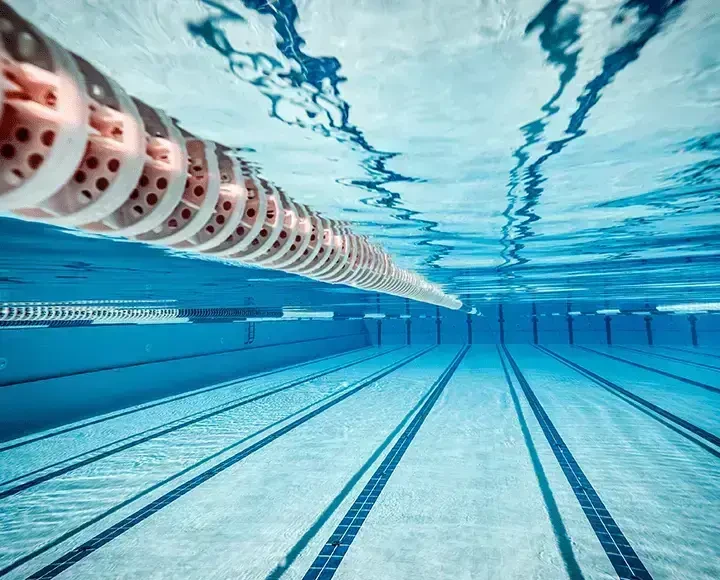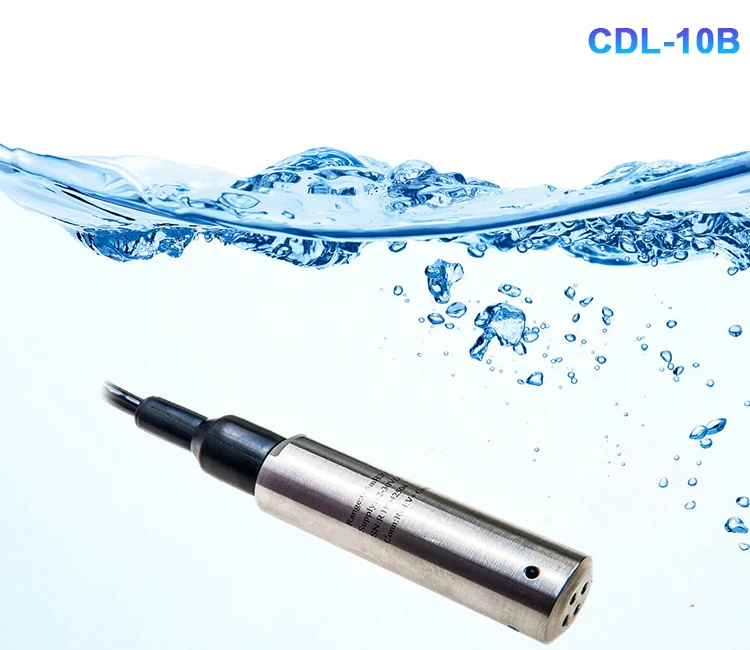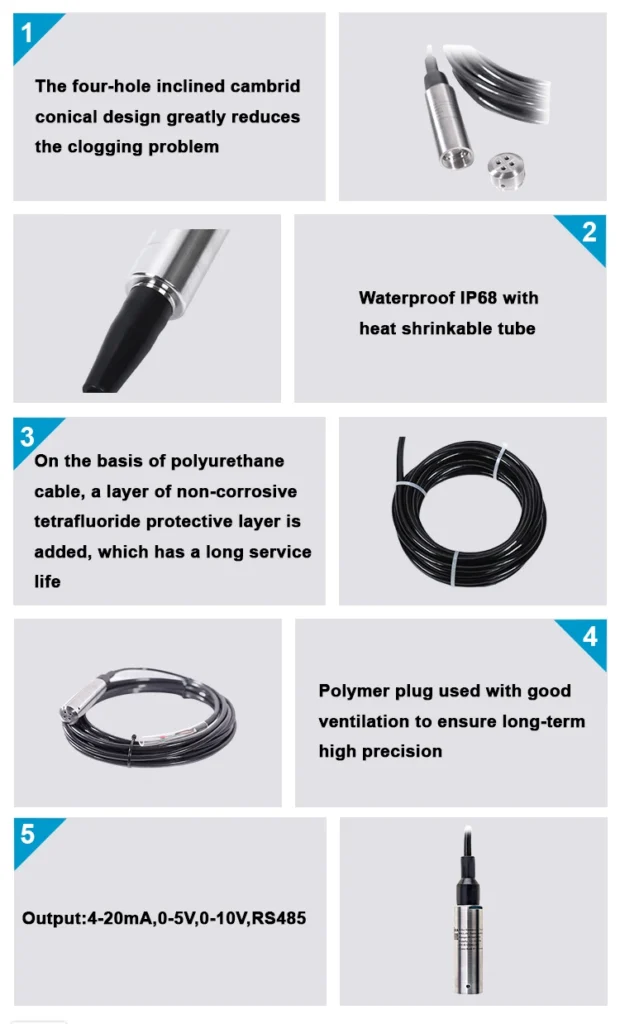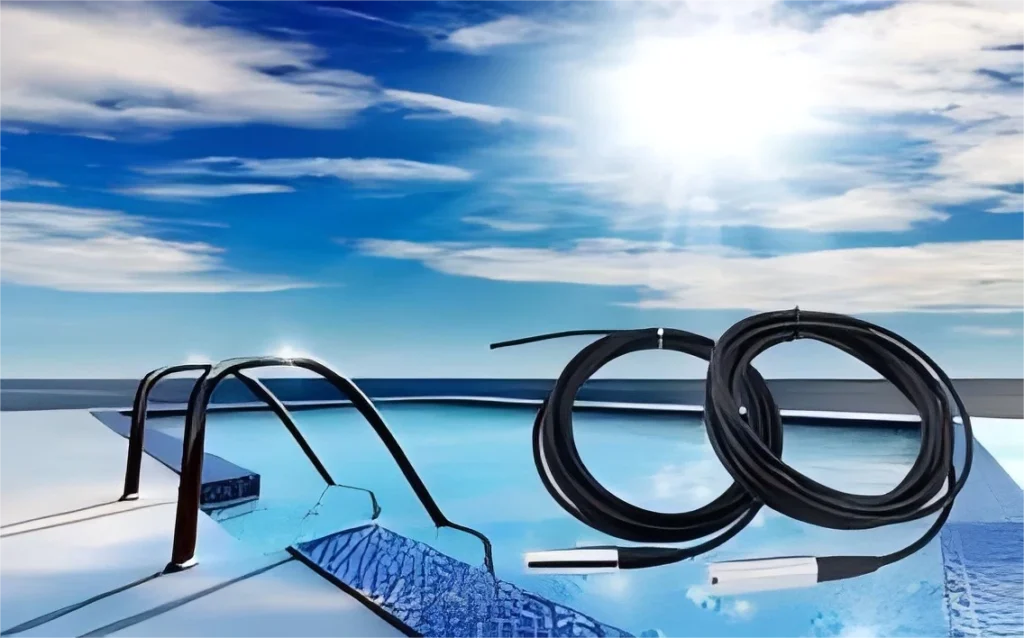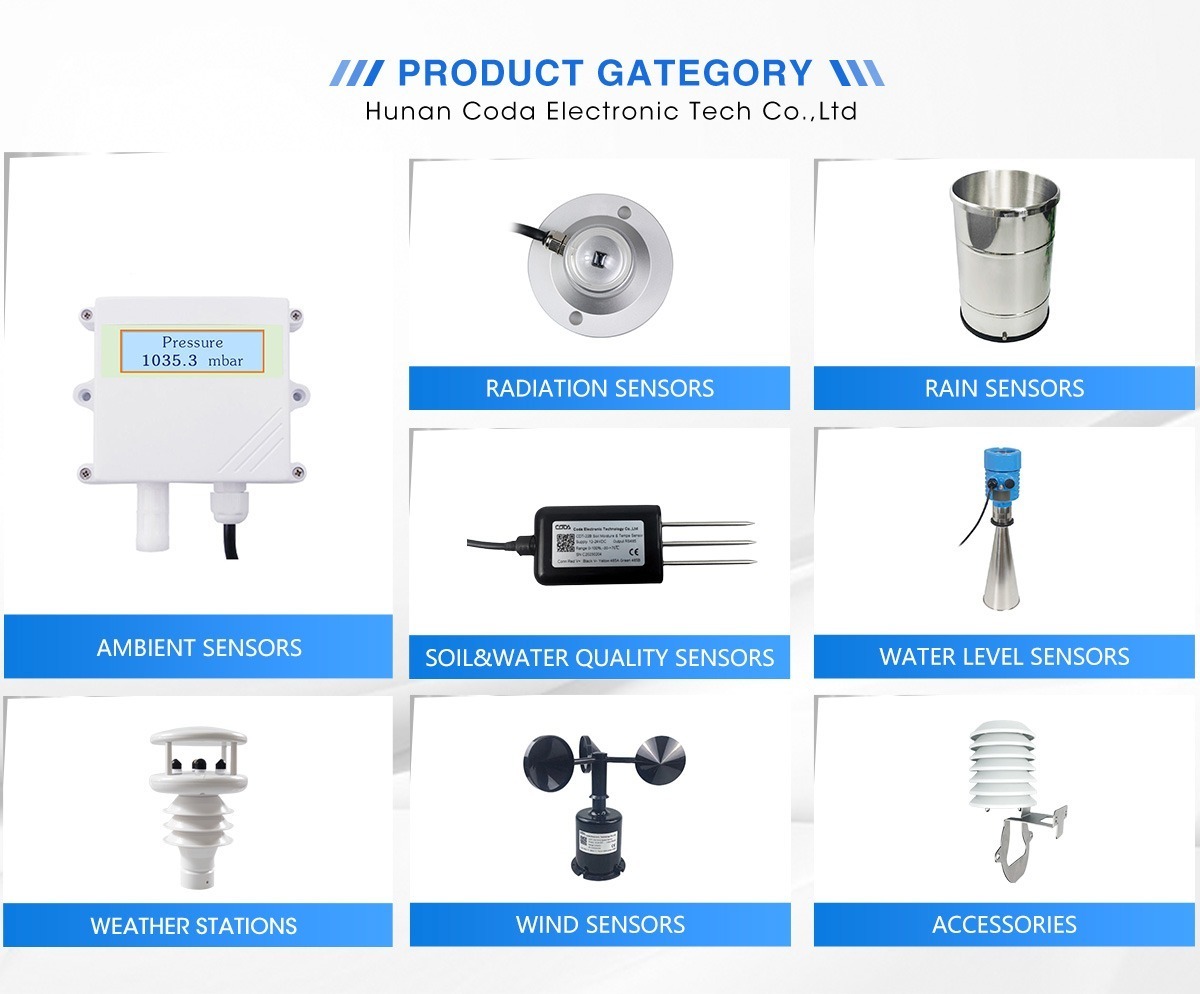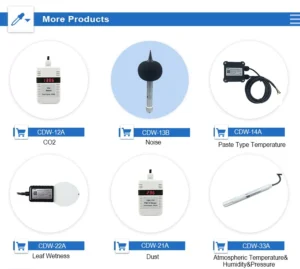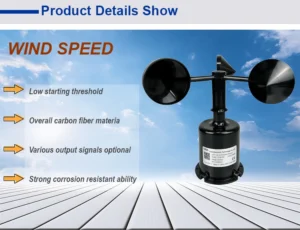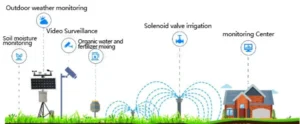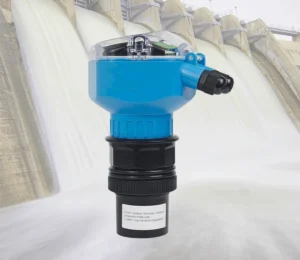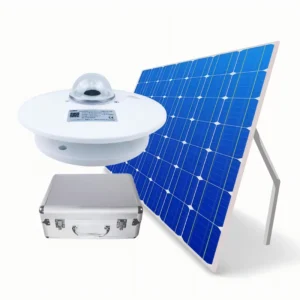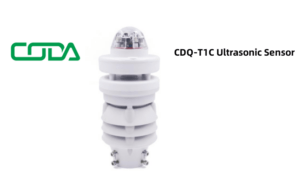Swimming Pool Water Level Sensors & low water level probe
Keeping the right water level in your swimming pool is important. It helps the pool work well and last longer. If the water level is too high or too low, it can damage equipment and affect filtration. This can also create safety issues. Luckily, water level sensors make it easy for pool owners to manage this. These devices help keep your pool at the right water level. This leads to smoother operation and less manual work.
In this guide, we will look at the importance of correct water levels. We will explain how these sensors work.
We will also show their benefits. We will give tips for picking the right sensor. Lastly, we will share maintenance tips to help them last longer.
Why Keeping Swimming Pool Water Level sensor in Check Matters
It is important to keep your swimming pool low water level probe balanced. This helps the pump and filter work efficiently.
If the water level is too low, air can get into the pump instead of water. This can cause problems with circulation and damage the equipment. On the other hand, if the water level is too high, it can affect how well the skimmer works.
Proper water levels are important for keeping water clean. When the levels are right, skimming and filtration work well. This helps remove debris and keeps the water clear.
If the water level is too low, debris like leaves and insects can settle at the bottom. This can hurt water quality and may clog or damage important parts.
An Overview of Water Level Sensor Functionality
Water level sensors monitor the water levels in pools. They use a float switch or probe system. This system adjusts when the water height changes. As the pool’s water level goes up and down, the float or probe sends signals to control the water supply.
The pool’s pump and water inlet line connect to the sensor. The sensor turns on the pump to refill the pool when the water level drops too low. Once the water reaches the right level, the sensor stops the pump. This automatic process removes the need for manual checks and keeps the water level steady.
Advantages of Installing Water Level Sensors in Your Pool
Installing water level sensors has many benefits. The biggest benefit is convenience.
These devices eliminate the need for constant manual adjustments. This saves you time and effort. This feature is especially helpful for those who leave their property unattended for long periods.
Sensors also help protect your pool’s parts by keeping the water at the right level. This prevents low water levels, which can let air into the pump and cause filters to clog. Regular checks ensure that skimmers work properly. These simple steps lower the chances of expensive repairs, help equipment last longer, and cut down on maintenance costs.
Tips for Selecting the Right Water Level Sensor
When choosing a water level sensor for your pool, think about some key factors. Consider your pool’s size, locati0n, and your needs. There are two main types of sensors: mechanical and electronic.
Mechanical sensors work with a floating mechanism. They are strong, simple, and good for most standard pools. Electronic sensors use advanced probes to detect things. They often include extra features like remote monitoring and automation.
When looking at your options, focus on accuracy, reliability, easy installation, and features that match your pool’s needs.
How to Extend the Lifespan of Your Water Level Sensors
Taking care of your sensors is important for them to work well over time. Here are some tips to keep them in great shape:
1.Clean float or probe parts often. This helps stop interference from dirt buildup.
2.Check for signs of wear or damage regularly. Replace any broken parts when necessary.
3. Check sensor readings with manual measurements from time to time to make sure they are accurate.
4. Keep electrical connections safe from moisture and exposure by sealing them properly.
5. Follow the maintenance routines or calibration schedules recommended by the manufacturer.
Conclusion:
Swimming pool water level sensors are a smart and easy way to keep the water at the right level in your pool. These sensors help avoid problems like equipment damage, bad filtration, and poor water quality. They offer convenience, reliability, and save money over time. Knowing how important they are can help pool owners keep their pools in great shape for many years.
Hunan Coda Electronic Tech Co., Ltd. has grown its focus. It now promotes innovation and teamwork in the identity industry. The company also offers consulting services, research insights, analytics, and educational opportunities.
Coda Sensors offers great quality and a unique user experience. For pricing details, please check their website.
Hunan Coda Electronic Tech Co., Ltd. values good relationships with clients. They invite clients to visit their factory for a helpful experience.
This innovative company is changing how customers think about manufacturing. By using new methods and technologies, sensor solutions can remain competitive and flexible in a changing market.
